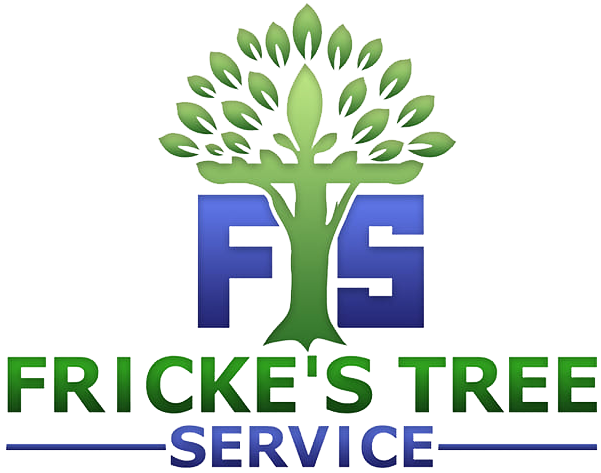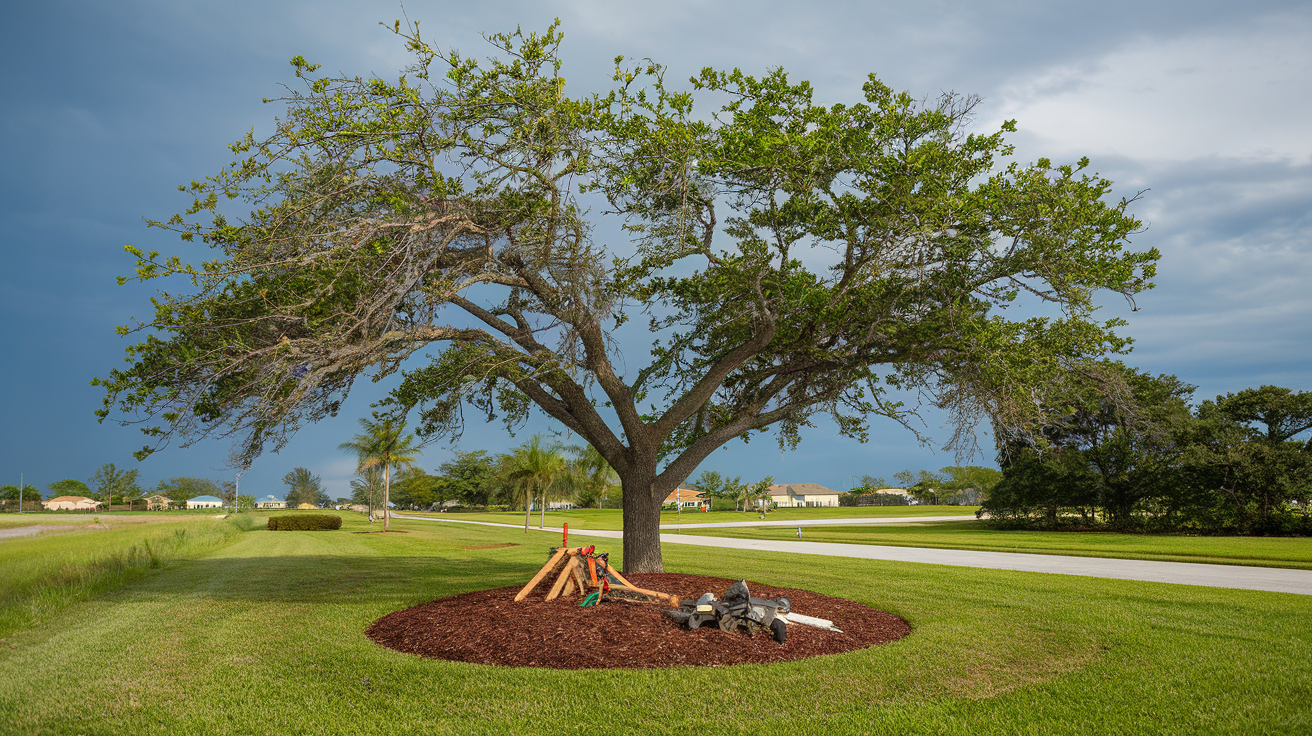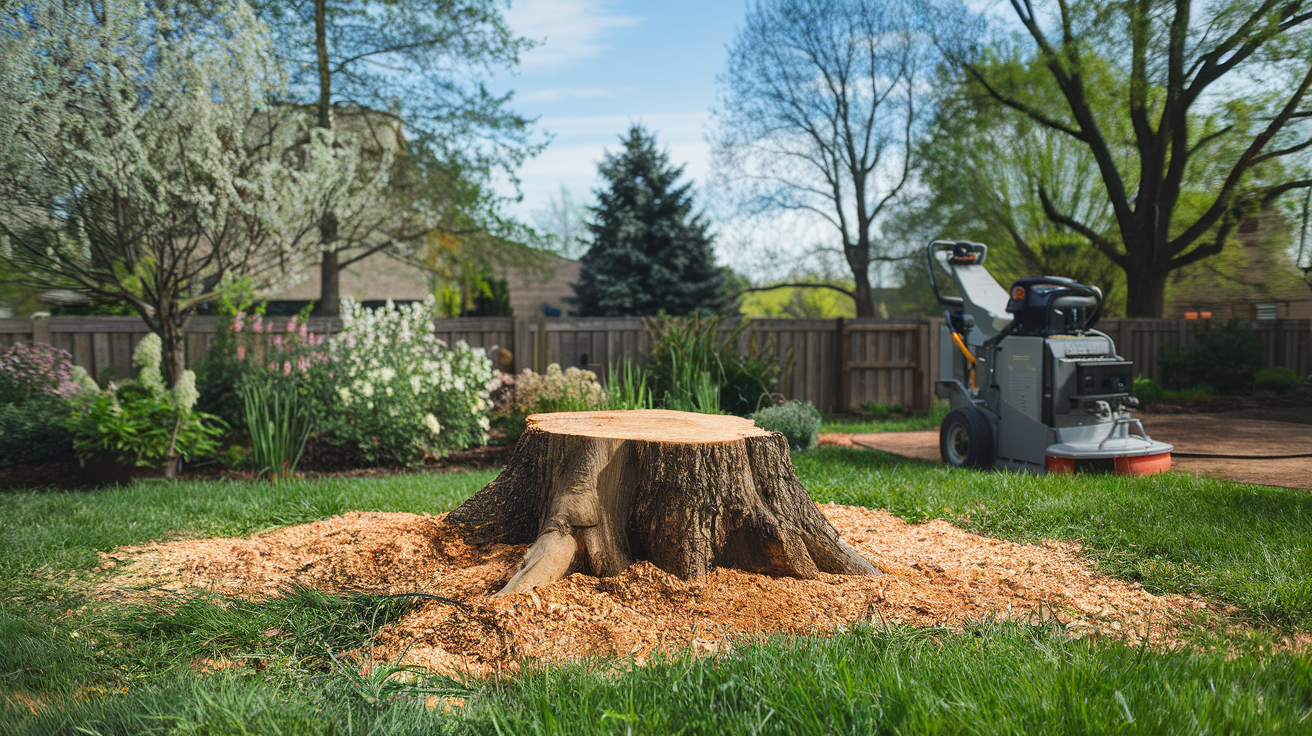Fricke's Tree Service
Understanding Emergency Tree Removal Costs and Prevention
The True Cost of Emergency Tree Removal (And How to Avoid It)
Understanding Emergency Tree Removal
Emergency tree removal is a service that becomes necessary when a tree poses an immediate threat to safety or property. This can occur due to severe weather, disease, or structural instability. Understanding the costs associated with this service is crucial for homeowners, as it can help them make informed decisions when faced with a potentially dangerous situation. The urgency of the situation often leads to hasty decisions, which can result in higher costs if not properly evaluated.Factors Influencing the Cost of Emergency Tree Removal
The cost of emergency tree removal can vary significantly based on several factors that homeowners should be aware of:- Tree Size: Larger trees require more time and equipment to remove, which naturally increases costs. The height and width of the tree can also affect how it is taken down safely.
- Location: Trees in hard-to-reach areas or those located near power lines may incur additional charges due to the complexity of the removal process. Accessibility can greatly influence the overall cost.
- Time of Year: Demand for tree services can spike during storm seasons, affecting pricing. During these times, many companies may raise their rates due to increased demand and urgency.
- Condition of the Tree: A tree that is diseased or damaged may require special handling, which can add to the cost. The risk involved in removing a compromised tree can also necessitate additional safety measures.
- Access to Equipment: If heavy machinery is needed, this can add to the overall cost. The type of equipment required can vary based on the tree's location and condition.
Average Costs of Emergency Tree Removal
On average, homeowners can expect to pay between $500 and $2,000 for emergency tree removal. However, costs can escalate based on the factors mentioned above. Here’s a more detailed breakdown:- Small Trees: $200 - $500, which typically includes trees that are less than 30 feet tall.
- Medium Trees: $500 - $1,200, generally covering trees that are between 30 and 60 feet tall.
- Large Trees: $1,200 - $2,000+, which often applies to trees over 60 feet tall or those that are particularly difficult to remove.
Hidden Costs to Consider
When budgeting for emergency tree removal, it’s essential to consider hidden costs that may arise, which can catch homeowners off guard:- Debris Removal: Some services may charge extra for cleaning up branches and leaves, which can add significantly to the total bill if the tree was large or had many branches.
- Stump Grinding: Removing the stump can add $100 to $400 to your bill, depending on the size and location of the stump.
- Permits: Depending on local regulations, you may need a permit for tree removal, which can incur additional fees and delays.
- Damage Repair: If the tree has caused damage to your property, repair costs can add up quickly, especially if structural repairs are needed.
How to Avoid Emergency Tree Removal Costs
Preventing the need for emergency tree removal can save you significant money and stress. Here are some proactive measures that homeowners can take to minimize risks:Regular Tree Maintenance
Investing in regular tree maintenance can help identify potential issues before they escalate into emergencies. This includes:- Pruning dead or weak branches to reduce the risk of falling limbs.
- Inspecting trees for signs of disease, such as discoloration or unusual growths.
- Ensuring proper watering and fertilization to promote healthy growth and resilience against storms.
Monitoring Weather Conditions
Stay informed about weather forecasts, especially during storm seasons. Taking preemptive action can mitigate risks and help you avoid costly emergency removals:- Remove weak trees before storms to prevent them from falling and causing damage.
- Secure outdoor furniture and equipment to minimize potential hazards during high winds or severe weather.
Consulting Professionals
Engaging with a certified arborist can provide valuable insights into the health of your trees. They can recommend:- Tree removal if necessary, based on a thorough assessment of the tree's condition.
- Preventative care strategies to maintain tree health and reduce the risk of emergencies.
When to Call for Emergency Tree Removal
Recognizing when to call for emergency tree removal is crucial for ensuring safety. Here are signs that indicate immediate action is needed:- Visible cracks in the trunk, which can indicate structural weakness.
- Leaning trees that threaten structures, as they may fall unexpectedly.
- Fallen branches or trees that obstruct pathways or damage property.
- Signs of decay or disease, which can compromise the tree's stability.
Choosing the Right Tree Removal Service
Not all tree removal services are created equal. Here’s how to choose the right one to ensure quality and safety:- Check Credentials: Ensure the company is licensed and insured to protect yourself from liability.
- Read Reviews: Look for customer feedback on platforms like Google and Yelp to gauge the company's reputation.
- Get Multiple Quotes: Compare prices and services from different providers to find the best value.
- Ask About Safety Practices: A reputable company will prioritize safety for both workers and your property, using appropriate equipment and techniques.
Conclusion
Understanding the true cost of emergency tree removal and taking proactive steps can save you money and stress in the long run. Regular maintenance, monitoring conditions, and choosing the right professionals are key to avoiding unexpected expenses. If you find yourself in need of tree removal services, don’t hesitate to reach out for a consultation to ensure that you are making the best decision for your property and safety. For more information or to request an estimate, please visit Frick's Tree Service. They can provide you with the guidance and assistance you need to manage your trees effectively and safely.SHARE POST
RECENT POSTS
Interested in Our Services?
Get in touch today to discuss your next project and we will happy to answer any questions and provide you with a no-obligation FREE Estimate.







